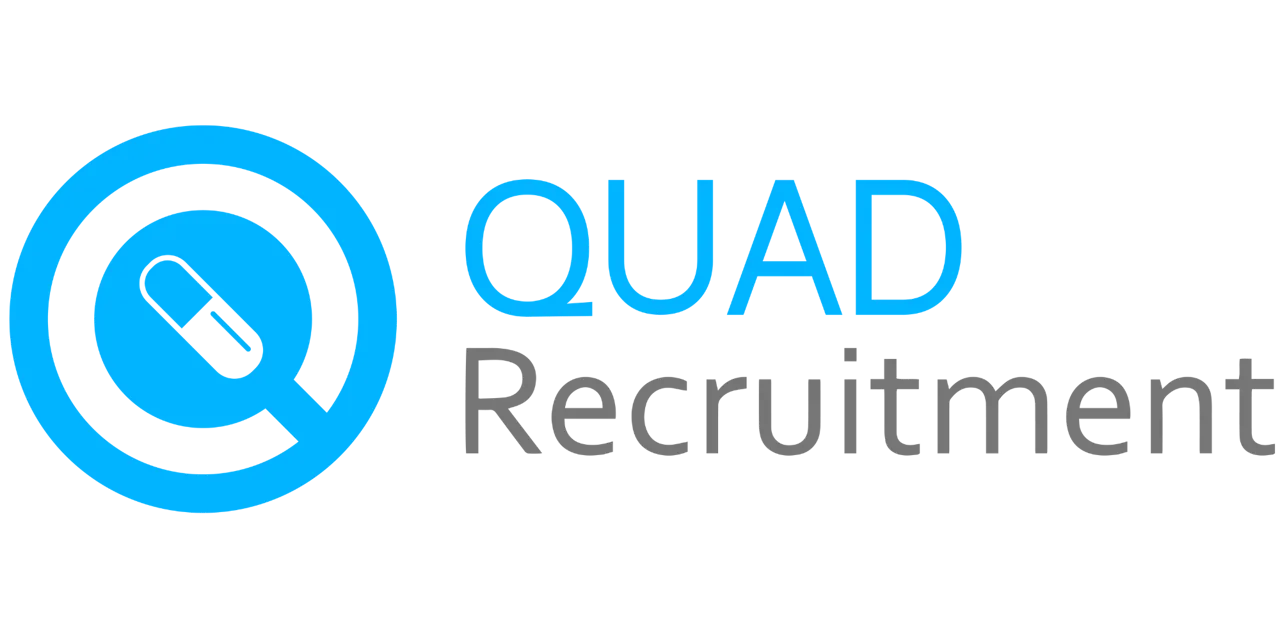Navigating the UK Allied Healthcare Job Market: Tips for New Graduates
25 Jun, 20243 minsNavigating the UK Allied Healthcare Job Market: Tips for New GraduatesGraduating as an allie...

Navigating the UK Allied Healthcare Job Market: Tips for New Graduates
Graduating as an allied healthcare professional in the UK is an exciting milestone, but stepping into the job market can feel daunting. From physiotherapists to radiographers, dietitians to occupational therapists, the allied healthcare sector is vast and offers a myriad of opportunities. Here are some essential tips to help you navigate the UK job market successfully.
Understanding the Allied Healthcare Landscape
The allied healthcare sector encompasses a wide range of professions, each playing a crucial role in patient care. Familiarising yourself with the different roles and settings in which you can work is vital. Whether it's in hospitals, community clinics, private practices, or research institutions, understanding where your skills are in demand will help you tailor your job search effectively.
Research and Identify Your Niche
Before diving into job applications, take the time to research the specific areas of allied healthcare that interest you the most. This not only includes understanding the job roles but also the geographical regions where your profession is in high demand. Use resources like the NHS website, professional bodies, and job boards to gain insights into current trends and needs in the allied healthcare market.
Using LinkedIn to Your Advantage
LinkedIn is a powerful platform for building your professional network and showcasing your qualifications to potential employers. Here are some tips to enhance your LinkedIn profile:
Complete Your Profile
Ensure every section of your profile is complete. Include a professional photo, detailed work experience, education, skills, and certifications.
Craft a Compelling Headline:
Your headline should reflect your professional identity and career aspirations. For example, "Aspiring Physiotherapist with Expertise in Sports Rehabilitation."
Write a Strong Summary:
Use the summary section to highlight your key achievements, career goals, and what makes you passionate about your profession.
Showcase Relevant Skills:
Add skills that are pertinent to your field and endorse others' skills. Encourage colleagues to endorse your skills as well.
Seek Recommendations:
Request recommendations from peers, professors, or supervisors who can vouch for your skills and work ethic.
Engage with Content:
Post and share articles related to your field, comment on industry news, and join professional groups to stay updated and visible.
Highlight Achievements:
Include any awards, publications, or projects that demonstrate your expertise and contributions to the field.
Building a Strong Professional Network
Networking is an invaluable tool in the job search process. Engaging with professionals in your field can provide insights into job openings, industry trends, and potential career paths. Attend conferences, workshops, and webinars to meet other allied healthcare professionals and establish connections.
Leverage Social Media and Professional Platforms
LinkedIn is a powerful platform for building your professional network. Ensure your profile is updated with your latest qualifications, experiences, and skills. Join relevant groups and participate in discussions to make yourself visible to potential employers and recruiters. Engaging with content related to your profession can also showcase your knowledge and passion for the field.
Crafting a Standout Application
Your CV and cover letter are your first opportunity to make a strong impression on potential employers. Tailoring these documents to the specific job and employer is crucial. Highlight your relevant skills, experiences, and any specialisations you have undertaken during your education or placements.
Highlighting Key Skills and Experiences
Focus on the skills that are most relevant to the job you are applying for. For example, if you are applying for a physiotherapy role, emphasise your hands-on experience with patients, knowledge of rehabilitation techniques, and any relevant certifications. If you have completed placements or internships, describe the duties you performed and the impact you had on patient care.
Preparing for Interviews
Securing an interview is a significant step towards landing your first job. Preparation is key to success in this stage. Research the employer thoroughly, understand their values, and be ready to discuss how your skills and experiences align with their needs.
Practising Common Interview Questions
Practise answering common interview questions for allied healthcare roles. These may include scenarios where you need to demonstrate your problem-solving skills, teamwork abilities, and how you handle stressful situations. Having well-thought-out answers will boost your confidence and help you present yourself as a capable and prepared candidate.
Conclusion
Navigating the UK allied healthcare job market as a new graduate can be challenging, but with the right strategies, you can set yourself up for success. Understand the landscape, build a robust professional network, craft compelling applications, and prepare thoroughly for interviews. By following these tips, you can embark on a rewarding career in allied healthcare, making a positive impact on patients' lives and the healthcare system as a whole.
For more tailored advice and job opportunities, connect with Quad Recruitment – your partner in finding the perfect allied healthcare role.






